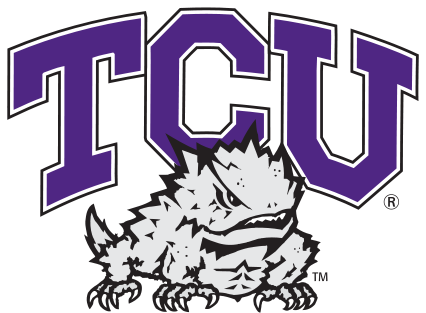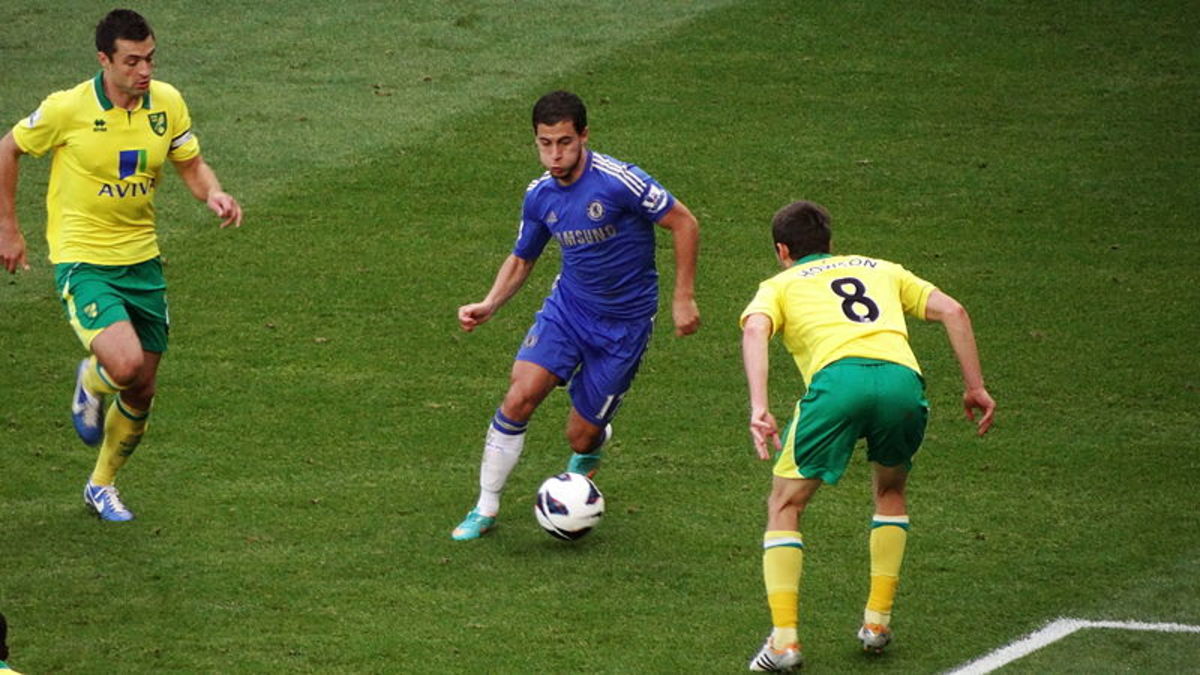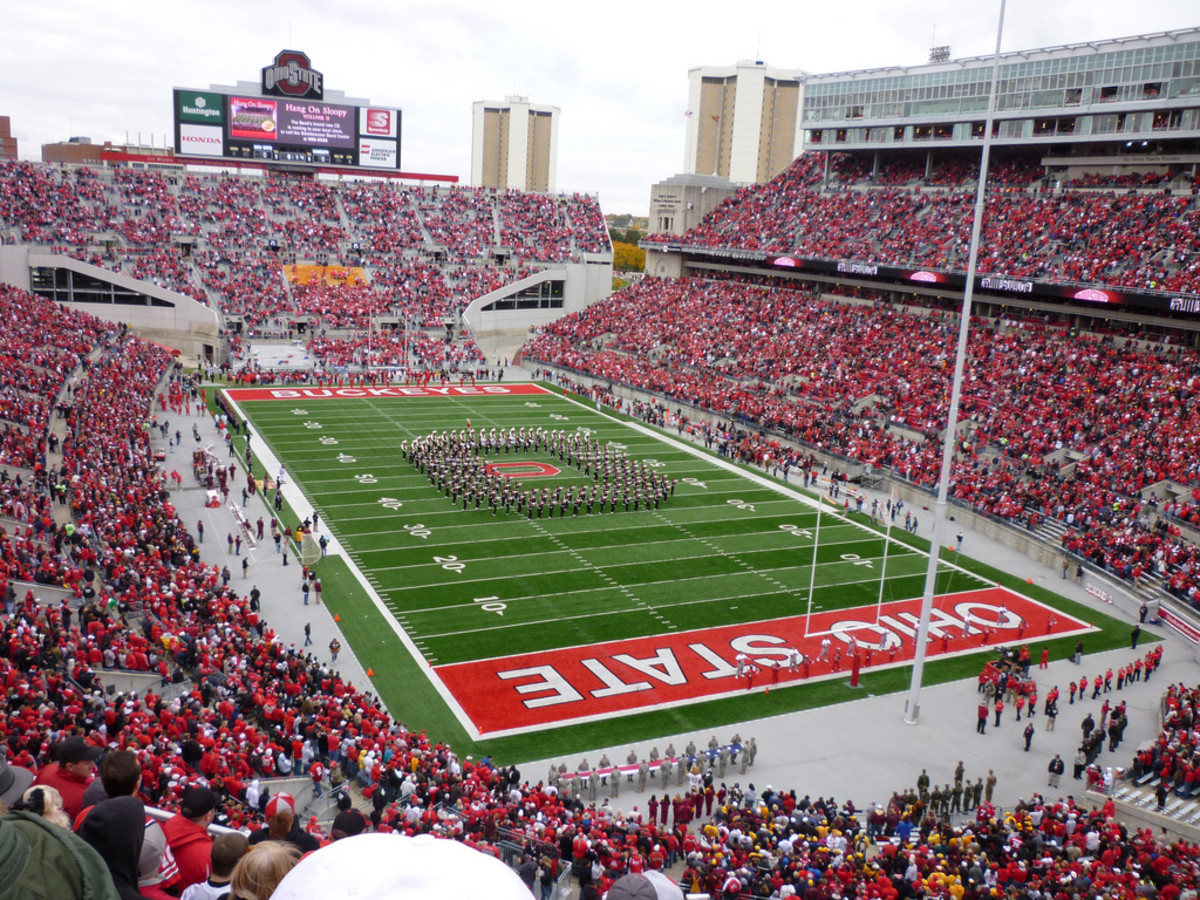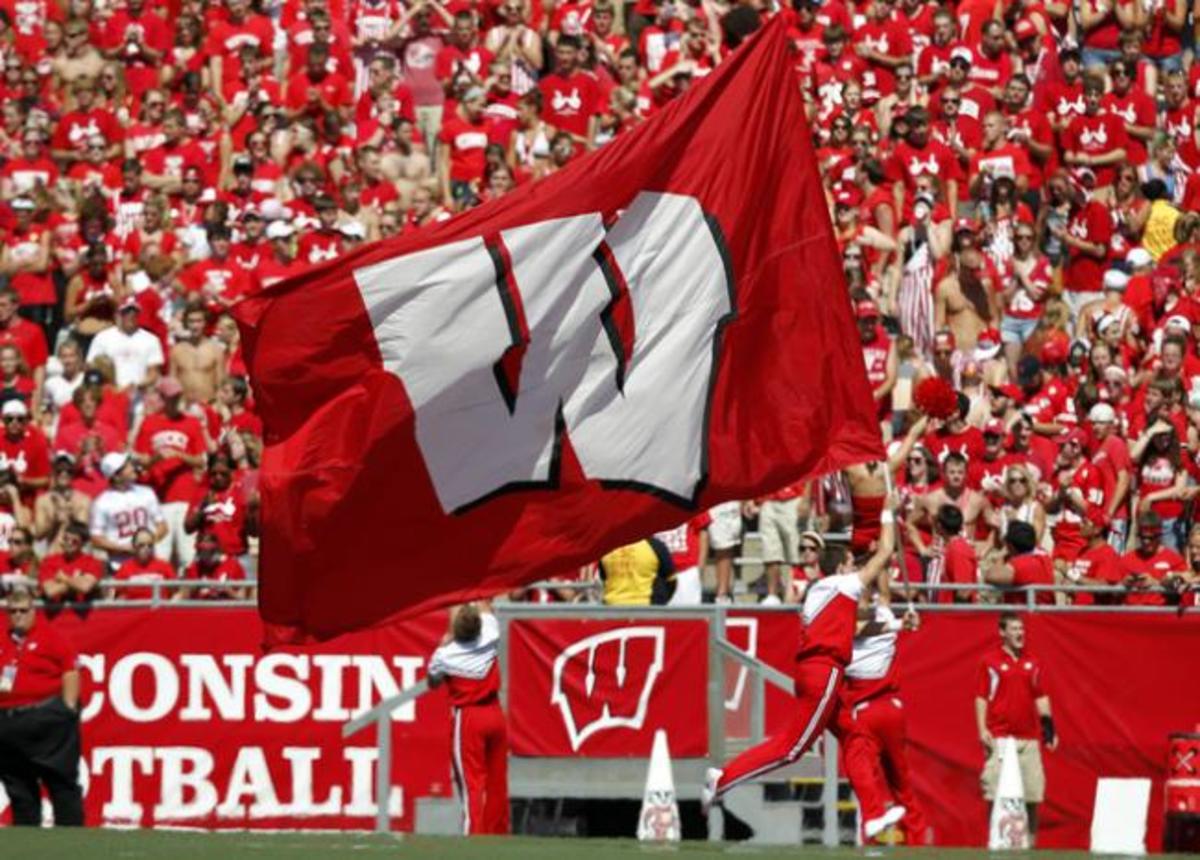- HubPages»
- Sports and Recreation»
- Team Sports»
- American Football
Ridley's Rankings Week 9 - Part 2

Yesterday, I broke down how each of the top 10 teams were expected to finish the season, save for their respective conference championships. In doing so, I eclipsed the 1800-word threshold and decided most people had likely given up paying attention. To help out the ADHD generation, I cut that article short (err, off) and decided to dedicate just one post to how things should shake out if my win probability proves correct. (To be honest, even if I hit 70 percent, I'm calling that a win.)
So after fleshing out the current top 10 for the rest of the season, here is how the standings would look:
*Note: Since we only did the top 10 and not all teams in contention, these standings will be intertwined with other teams who move up, which look like Arizona and Nebraska at this time.
Projected Final Records
Team
| Win-Loss Record
|
|---|---|
Mississippi State
| 12-0
|
Florida State
| 12-0
|
Oregon
| 11-1
|
TCU
| 11-1
|
Michigan State
| 11-1
|
Notre Dame
| 11-1
|
Ole Miss
| 10-2
|
Alabama
| 10-2
|
Georgia
| 10-2
|
Auburn
| 9-3
|
Who Gets In?
Now to answer the question that everybody will be asking (not that they will be asking me specifically, but rather pondering in general), who will make the playoffs? Thanks to last night's reveal of the College Football Playoff Committee's rankings, we now have a small bit of insight into how the committee thinks. Gone is my speculation that Ohio State can sneak into the playoffs thanks to a recent hot streak (Penn State excluded), as the Buckeyes currently rank 16th -- ahead of only three of the other 16 one-loss teams -- and in is the SEC, or at least the West division, which represents four of the top six teams.
The committee seems to like quality of wins while also taking into significant consideration the quality of losses. This explains why Auburn and Ole Miss -- who combined, own wins against Kansas State, LSU, Alabama and Texas A&M -- are ahead of Alabama and Oregon (also note that Ole Miss defeated Alabama in Week 7). It also helps explain why Georgia (who lost to South Carolina) is behind teams like K-State (Auburn) and Notre Dame (Florida State) despite some impressive on-the-field performances.
So how do we apply this insight into our projections?
Who Should Make It?
Which Projected One-Loss Team Should Be the Final Selection?
First, let's address the obvious: should Mississippi State and Florida State both go 12-0 as predicted (and win their conference title), they will both be in the playoffs. I don't need an algorithm to tell you that both 12-0 teams would be heavily favored in their respective conference championships, so let's pencil them in for a win. That leaves us with two spots and at least four teams vying for them (a quick look shows that both Arizona and Nebraska are projected to win the remainder of their regular season games ... so are Duke and East Carolina, but come on now).
Let's assume that the four one-loss teams above, as well as Arizona and Nebraska, finish the regular season at 11-1. TCU has the luxury of playing in the Big 12, which lacks a conference championship game; so they have one less hoop to jump through. Notre Dame is independent, so they are in the same boat. A one-loss Arizona team would meet up with a one-loss Oregon team in a rematch to determine the Pac-12 champion. That leaves Nebraska and Michigan State to duke it out in the Big Ten Championship. Both would be held at neutral locations and likely the higher ranked teams (the Ducks and Spartans) would be favored by the algorithm.
This narrows our field of six down to four, with two of them standing at 12-1. At this point, it's safe to eliminate Notre Dame. As I discussed yesterday, their name will get them in the door, but ultimately their body of work won't hold up to their competition. With the committee currently placing them 10th (as I do ... ahem), there is little chance a win at Arizona State, no matter how impressive, springboards them ahead of the other one-loss teams.
We can also safely add in Oregon to the mix. The Ducks are currently fifth in the committee's rankings and will undoubtedly move up if/when Auburn and Ole Miss fall. That leaves the showdown for the fourth and final spot between TCU and Michigan State. To evaluate these, let's break it down into an old-fashioned pros and cons list.

TCU
Pros: Will have beat ranked Oklahoma, Oklahoma State, West Virginia (in Morgantown) and Kansas State; was a last-second field goal away from being undefeated; normalized scoring differential is currently sixth in the nation; Big 12 conference is currently second in my conference rankings.
Cons: Lost to a Baylor team that is projected to finish with two losses; three of the four ranked teams they defeated could be out of the top 25 by the end of the season; they lack a conference championship game to boost their resume.

Michigan State
Pros: Will have defeated a ranked Ohio State and Nebraska (twice); will receive a conference championship game boost; Big Ten is the third-ranked conference in my rankings; only loss came to Oregon in Autzen Stadium, one of the most defensible losses in the nation; tied for the second-highest scoring differential in FBS.
Cons: Current opponent winning percentage is only 44.4%; only four true road games all season; lost to Oregon by 19; 48% of scoring differential comes from wins over FCS foe Jacksonville State and perennial MAC doormat Eastern Michigan; currently trails TCU in Playoff Committee Rankings.
Conclusion
The Spartans have the opportunity of playing a conference championship game, thus defeating another quality opponent, which would likely be enough to overcome TCU if all else were equal. But of course, all things are not equal. The likely tipping point will rest in TCU defeating West Virginia (on the road) and Kansas State in back-to-back weekends. These teams are currently ranked ninth and 20th by the committee, which should trump Sparty beating 16th-ranked Ohio State at home and 15th ranked Nebraska on a neutral field.
With TCU holding the current lead and their remaining slate having a slight edge on the Spartans, the Horned Frogs should get the nod as the fourth and final seed in college football's inaugural playoff.
(Also, apologies to TCU for not breaking down their chances in previous articles. After their loss to Baylor, their chances seemed shot, but the committee showed that may not be the case.)
Projected Final Four
Rank
| Team
| Win-Loss Record
|
|---|---|---|
1
| Mississippi State
| 13-0
|
2
| Florida State
| 13-0
|
3
| Oregon
| 12-1
|
4
| TCU
| 11-1
|
Thoughts on Playoff Committee Rankings
[Updated: Thursday, October 30th]
Now that we have an idea of what the playoff committee is currently thinking, I thought I would deliver a few of my takeaways from their initial rankings.
First, the top four are my same top four so I have no argument there. I understand why they put Florida State at two, but that doesn't necessarily mean I agree with it. Neither does Wesley Colley, proprietor of the Colley Matrix which was formally used by the BCS system. However, since Auburn and Florida State would still meet on a neutral field, my qualms are minimal.
I'm not really sure how the Ducks ended up ahead of the Crimson Tide. Oregon lost at home to an Arizona team that wasn't ranked at the time and Bama lost on the road to an Ole Miss team the committee ranks fourth. It doesn't really add up to me. It's likely the Ducks are getting bonus points for beating Michigan State, whereas the Tide's biggest win is against Texas A&M.
The rest of the rankings don't really push my feelings one way or the other, except for LSU. I feel like the Tigers are getting a raw deal by the committee. Their two losses came to teams currently ranked first and third by the committee, with the latter being at Auburn. They gave Mississippi State their toughest battle to date and beat the committee's fourth-ranked team (Ole Miss). You can ding them for being manhandled by Auburn on the road when they lost by 34, but that appears to be an aberration, not an indication of their level of play. They held Kentucky and Mississippi, who combined to score 72 points a game, to 10 total points.
The biggest argument the committee could make against the Bayou Bengals is they are not the same team outside of Death Valley. At home, they are 5-1 and have outscored their opponents 230-51. On the road*, they are a mere 2-1 and have been outscored 65-92.
*Includes game against Wisconsin played at Houston's NRG Stadium.
Even with the home-road disparity, the Tigers' resume is still above that of the Sooners. Oklahoma, like LSU, has lost two games -- both against ranked teams -- with one coming at home. But the quality of opponents in those losses is lower than that of the Tigers. Kansas State and TCU aren't scrubs by any means, but at this point in the season, losing to them is not the same as losing to Mississippi State and Auburn. Additionally, the Sooners' best win (against West Virginia in Morgantown) doesn't hold a candle to beating Ole Miss. Maybe that 34-point loss continues to ring in the ears of the committee, but in my opinion, they are placing too much emphasis one poor performance.






